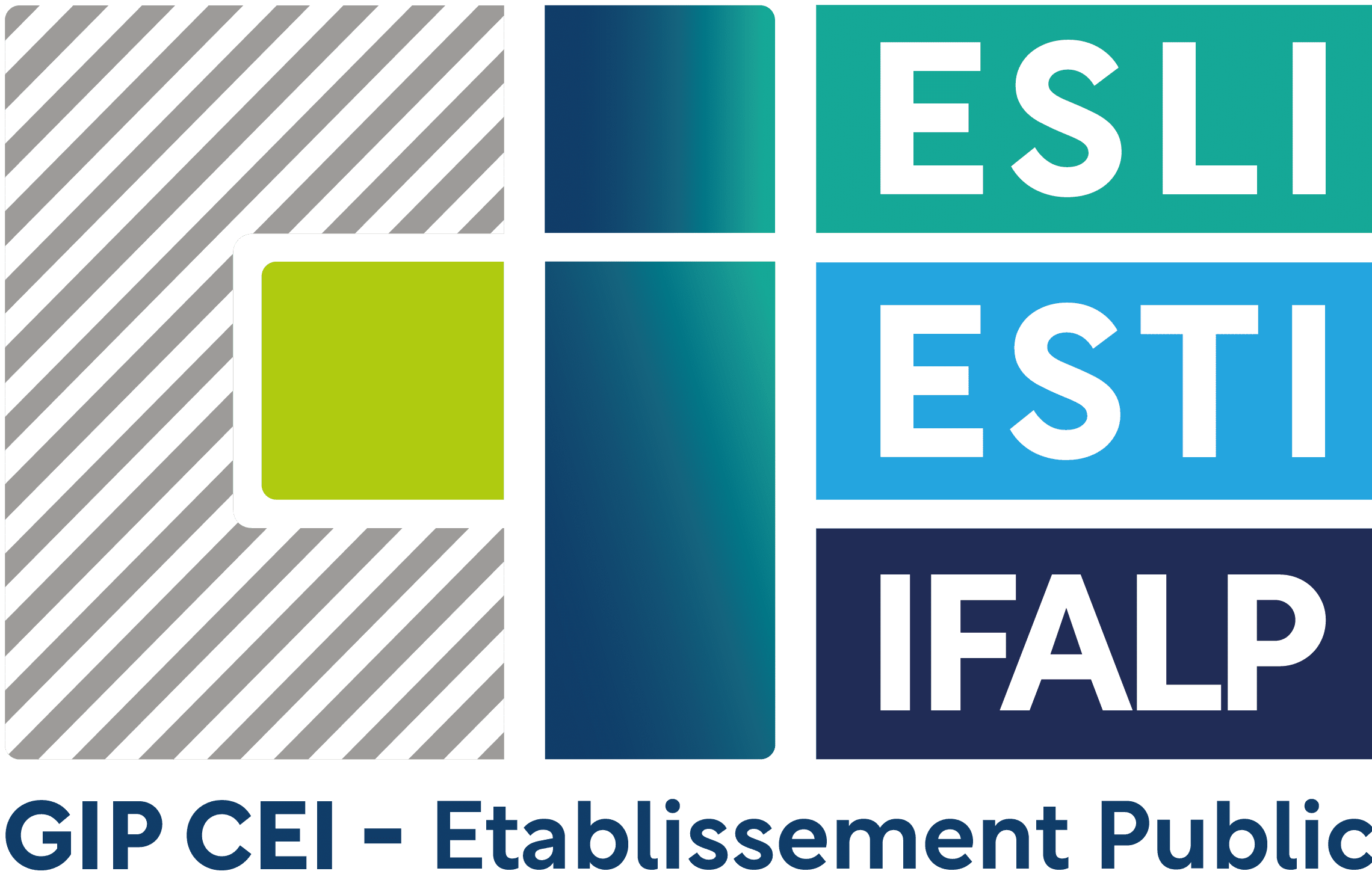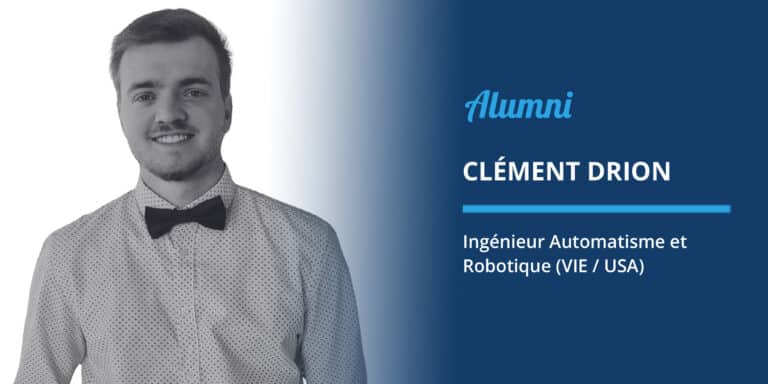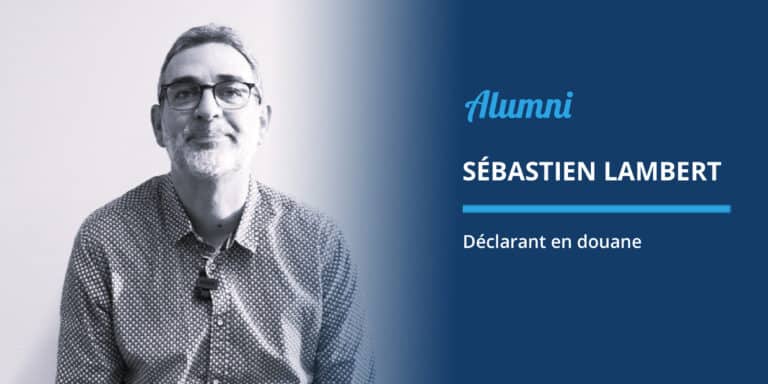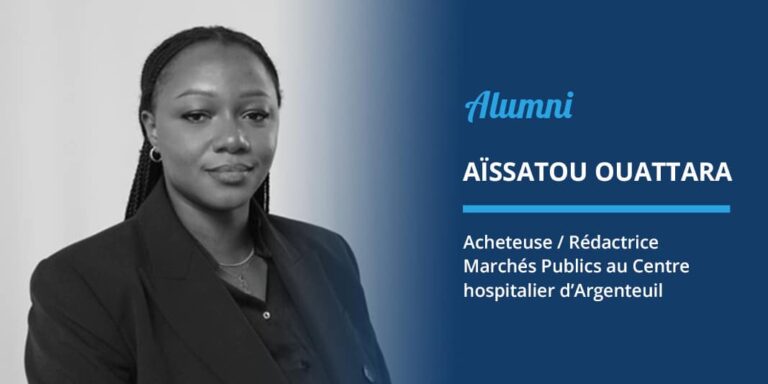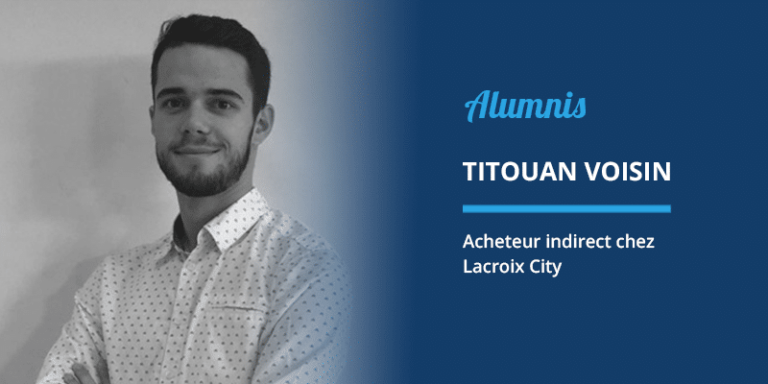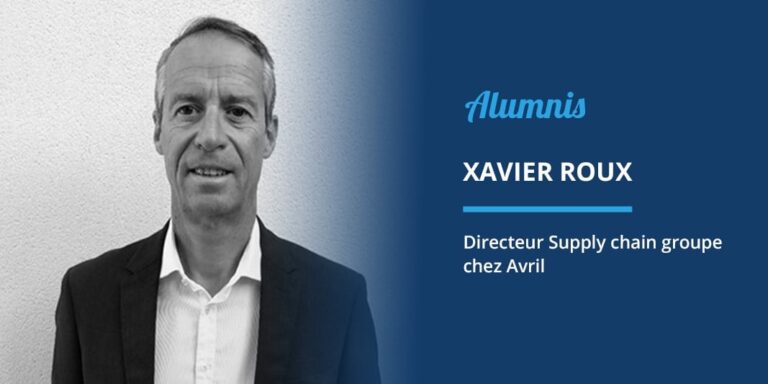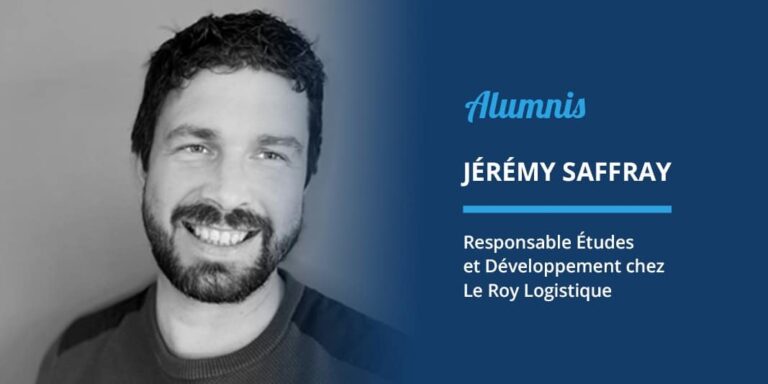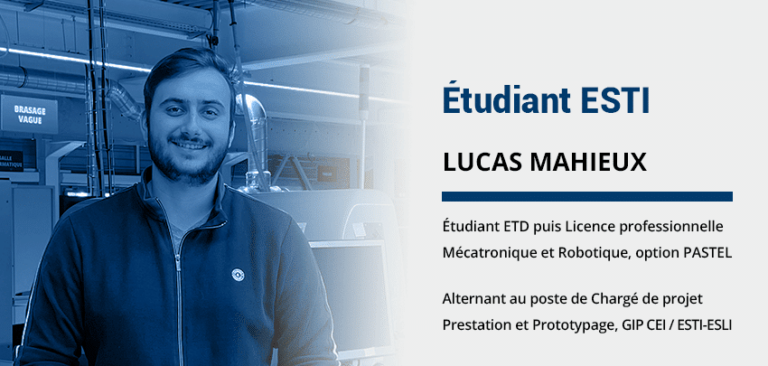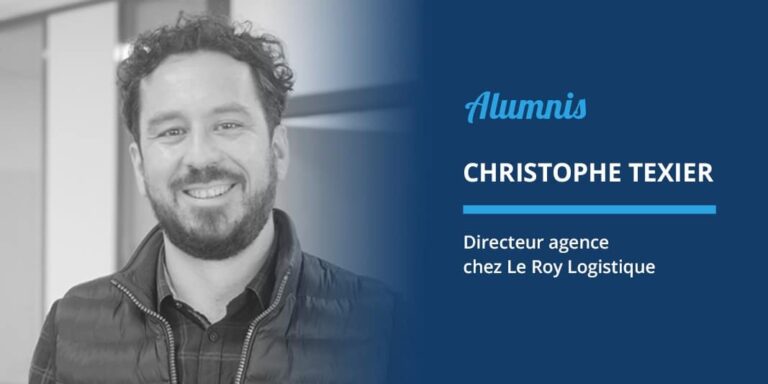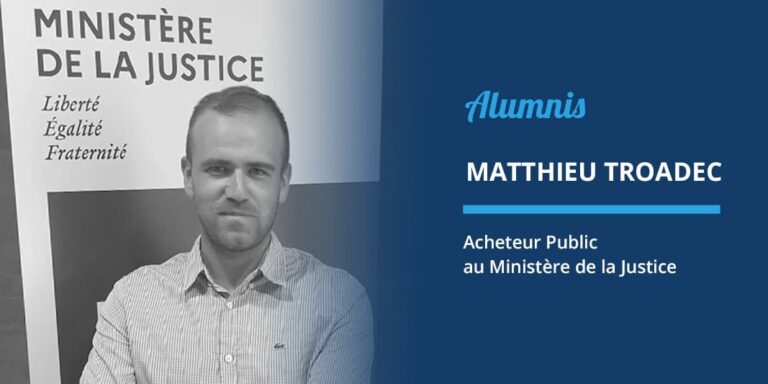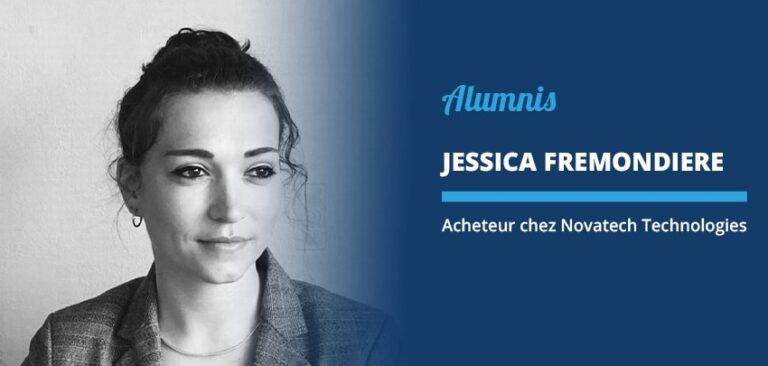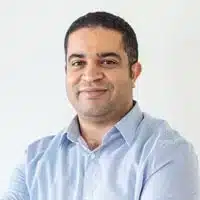Mohamad Fadl-Haraké, PhD student and head of the Mastère 2 MLAI Intelligent Secure Logistics course at the ESLI Paris campus, talks about his career and his vision of public-private ecosystems in logistics.
Quel a été votre parcours ces dernières années avant de rejoindre le campus ?
Before embarking on an academic career, I worked in two sectors. I started out in telecommunications, in Iraq, rebuilding the telecoms infrastructure in the Erbil region.
Then I joined a bank in Lebanon, where I worked as an operational risk analyst. As I was really interested in everything to do with research and teaching, I decided to make a career change.
What really interests me is the creation of knowledge, creating something new.
I really enjoyed the cross-over between research and consulting. I carried out several consulting projects for NGOs, service groups and universities. I started as a research assistant/researcher before climbing the stairs and becoming a teacher.
I have also taught at universities in Lebanon and Spain. I'm about to complete my doctorate and will be defending my thesis in the coming months. I'm also a researcher and have carried out research missions for the HCERES, as well as other research projects, for example with the Agence Universitaire de la Francophonie.
Qu’est-ce qui vous plaît le plus dans l’enseignement ?
There are several aspects of teaching that interest me. Firstly, the crossover between teaching and research, drawing examples from the field and using them as a basis for developing new courses. Secondly, we're in a business, management and economics environment. Students will be champions in their own field, in their own discipline. A real network is being created in this context. This can also help the development of the campus, as these students will establish relationships, partnerships and provide other opportunities for others.
What are your responsibilities on campus?
I have several missions within the campus. I'm in charge of the MLAI Parcours LSI program on the Paris campus. I also give courses there and in Redon. I'm also in charge of the Deliverweb MBA in partnership with Alternis Business School.
How did your first days with the MACS students go?
It was really an exceptional group. First of all, we had a course to run for 14 hours, which was a real challenge. We started with a simple lecture, then did group discussions on everything to do with transformational change in the sector, everything to do with procurement and purchasing, taking into account the social context and chaos theory. We also took into account the geopolitical context, the position of the European Union and the context of the current pandemic.
How do you analyze this health crisis in terms of transformation and concrete change?
In the context of the current pandemic, 3 points are worth highlighting. Companies have either learned vigilance, resilience or resistance. I don't think resilience is always a positive thing, because even if you have to know how to adapt (be reactive), in our context you have to be proactive - hence vigilance and knowing how to anticipate.
Companies, countries in the public sector or even confederations/alliances between countries today know how to make forecasts, even if it's difficult.
It's not just a matter of adapting to the status quo, it will even change the status quo of supply chains that find solutions to achieve this, especially in the context of multinational firms. And even in the public sector, where air and sea traffic have never come to a standstill, there's always a solution.
Speaking of the public sector, our Paris campus will be introducing two new courses in October (Licence Pro LFI and M2 LSI). What do you think of these courses, which combine knowledge from the private and public sectors?
What's interesting is that we've created a hybrid organization, drawing on expertise from both sectors, especially as some of our training courses have a partner in the defense sector. This experience will bring us everything to do with cybersecurity, but also purchasing, social commitment, ecological transition and knowledge of the various ecosystems undergoing transformation.
It will also give students a 360-degree view of all things logistics discipline, supply chain and logistics safety in an innovative way. We're not talking about development or transition, but really about transformational change in the sector as such. These are, in my view, the strengths of these two areas of expertise. What's more, students will learn from the expertise of practitioners, consultants, strategists, academics... Our students will become true executives.
Do these new projects bring new challenges for you? How do you see your new position in Paris?
Of course, it's a real challenge because the Paris campus is still in its infancy. For example, ESLI was founded almost 30 years ago, and the partnerships are already well established, whereas in Paris, it's a whole lot of work. It's a real challenge, getting away from the "academic" routine through "business development", and that's what makes things interesting.
